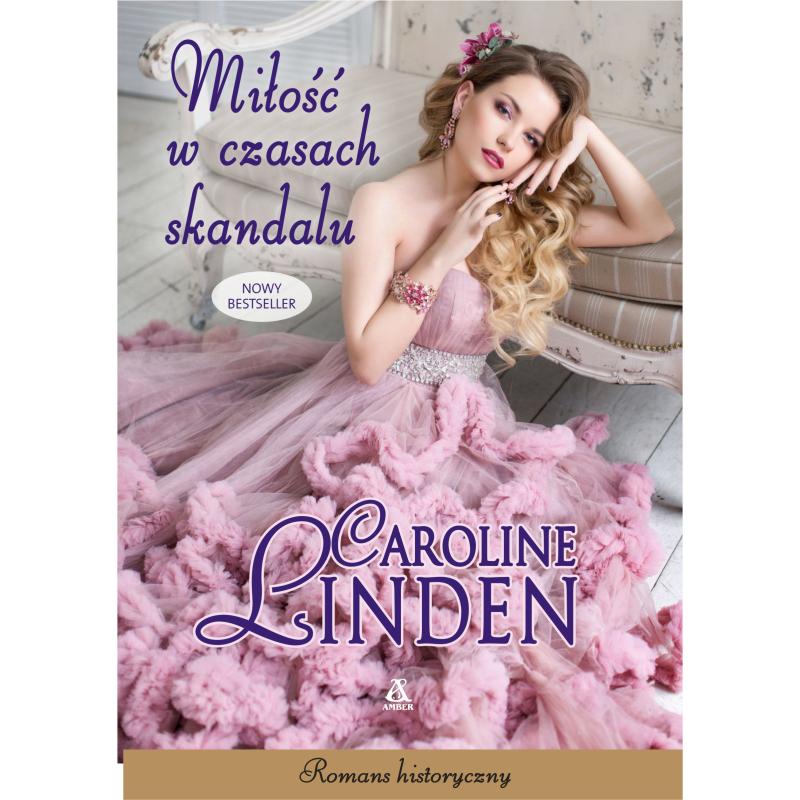

Coffee houses, then an emerging social center, sold books and prints, which were no doubt read and enjoyed right there over a hot drink. One could hear risque ballads recited at the tavern, or buy a twopenny illustrated broadsheet at a street fair. And the English imported from both countries before seizing the genre and extending its boundaries into even more taboo and explicit expressions.īy the 1700s, the street corners and taverns of London offered all manner of erotic writings and drawings. In the seventeenth century French writers gained popularity, although their works presented sex as generally sinful or corruptive, where the Italians had taken the approach that sexual pleasure was irresistible and fundamentally good. In the fifteenth and sixteenth century, Italy was the primary source, from illustrated erotic sonnets to 'histories' of prostitutes' lives.
%20Una%20scommessa%20scandalosa%20by%20Caroline%20Linden.jpg)

Long before 50 Shades became a phenomenon, people were reading sexy books. So here was the seed of an idea: a book so intriguing everyone wants to get their hands on it, yet naughty enough that one might not just walk into the nearest bookseller and buy it.Īnyone who's read The Canterbury Tales or the Decameron knows that explicit stories are nothing new. When I asked about it-this was not her usual sort of book purchase-she defensively replied, "Well, everyone is talking about it, and I just wanted to see what the fuss was!" I didn't quite realize the reach of its appeal, though, until I discovered my teenaged daughter had bought it on her e-reader. The book, of course, was 50 Shades of Grey. Saturday Night Live aired sketches highlighting its naughtiness. I saw ten different people reading it during my vacation at the beach. What makes authors different is our willingness to pluck one of those seeds out of the air, turn it around and admire it, and then set about making it grow.įor instance, a couple of years ago a particular book started popping up on the bestseller lists. The truth, though, is that ideas are all around us, like dandelion seeds on the breeze. I think there's a feeling that authors must be different, more creative (or strangely imaginative) than other people for us to conjure up vampires and boy wizards and time-traveling nurses. It's a popular question to ask authors, especially authors who write books about things they couldn't possibly have experienced in real life, such as long-ago eras or magical fantasies. An original essay, first published in A Taste of Scandal, a series sampler


 0 kommentar(er)
0 kommentar(er)
